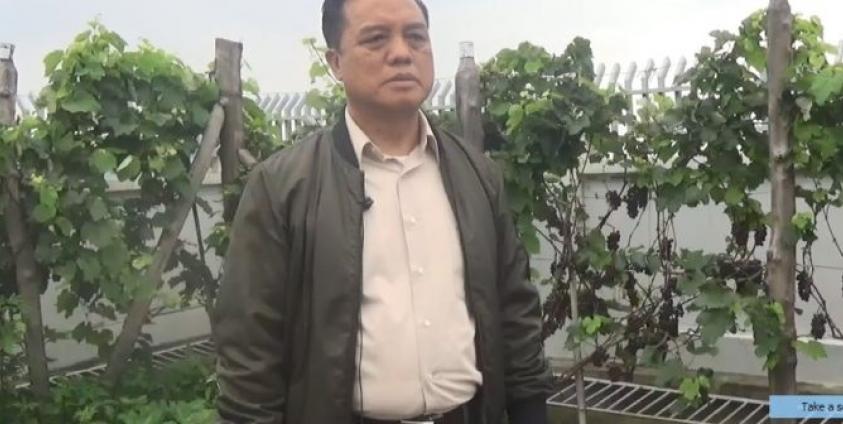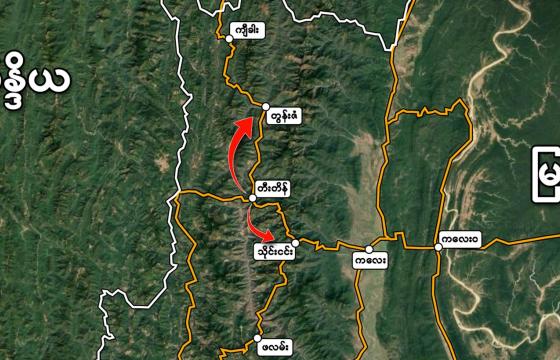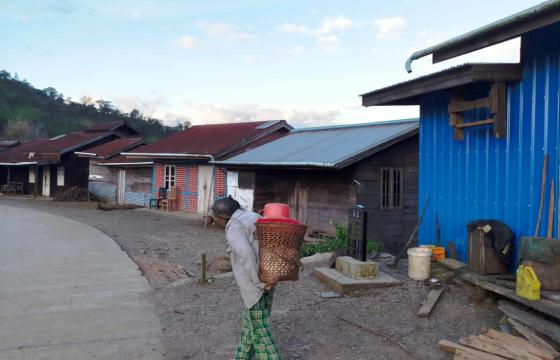Traditional methods cause environmental damage and yield poor profits for farmers, says the chairman of the Chin State parliament.
Farmers in Chin State should abandon their traditional practice of crop rotation in favor of a permanent farming system in order to increase their earnings and protect the environment, according to the chairman of the state’s parliament.
“Chin farmers have used the rotating farming system for so many years. This is how they grow corn. But they can’t make more than 1-200,000 kyat (US$65-130) in profits this way,” said Zo Bawi, the chairman of the Chin State parliament.
According to Zo Bwi, the state government has started prioritizing agricultural development now that its earlier efforts to improve the communication and transportation sectors of the economy have shown signs of progress.
As a contribution to the government’s efforts to promote agriculture, Zo Bawi has started growing grapes in a garden on property used for parliamentary housing. He said people are welcome to visit his vineyard to learn about grape cultivation.
Chin farmers in Mindat and Kanpetlet townships have switched to a permanent farming system for yam cultivation and are now earning 10 million kyat (around $6,500) a year, he said, adding that farmers in Hakha and Thangtlang townships have also started to adopt new farming practices to increase their earnings.
Currently, an estimated 75 percent of Chin farmers are still using the rotating farming system. The system has been blamed for causing environmental damage and the loss of hundreds of thousands of acres of fertile topsoil every year.
Despite urging farmers to change from a rotating to a permanent farming system, the state government has yet to provide any technical or other assistance to help farmers make the transition.







